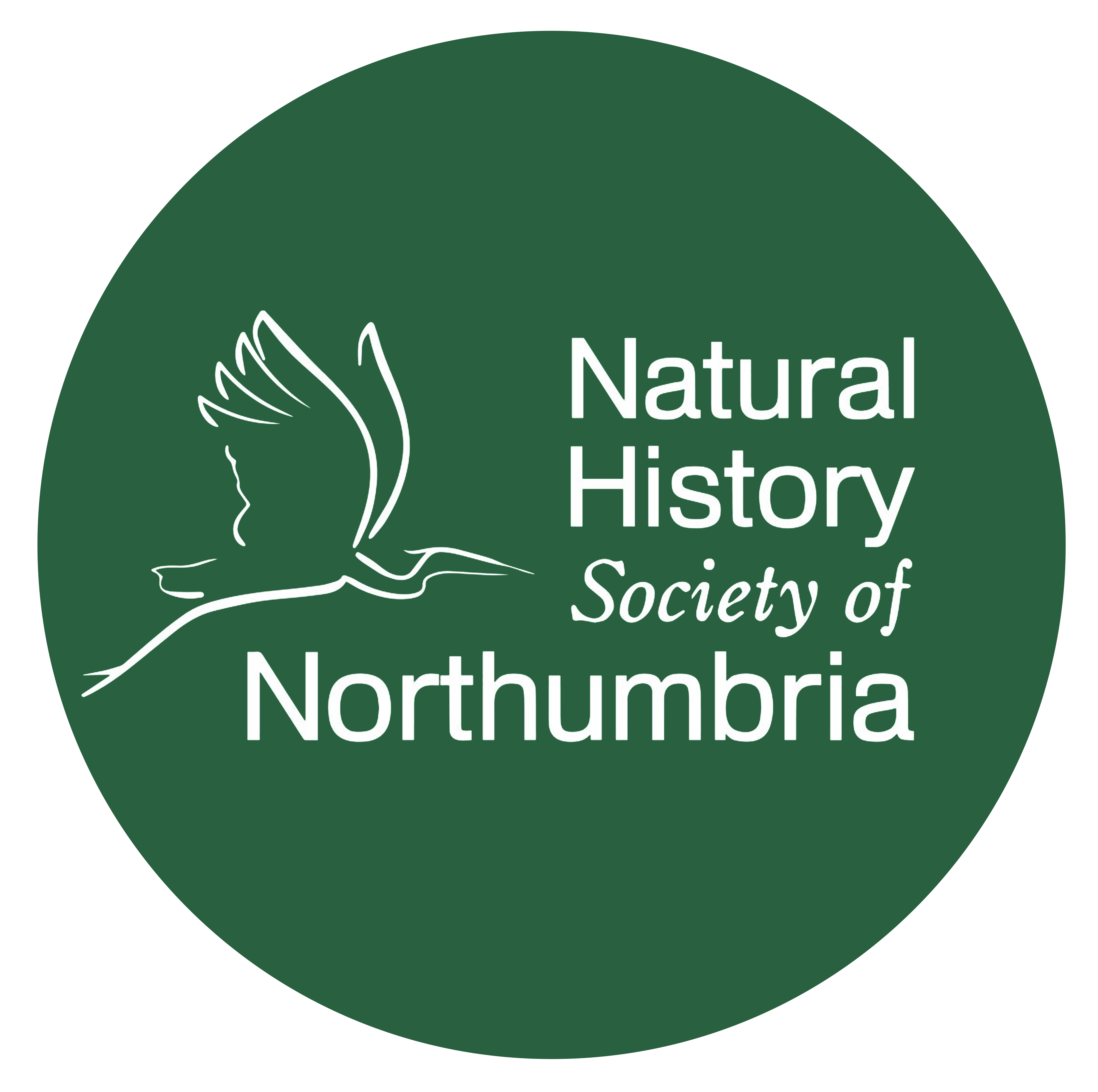As my time at NHSN comes to a close, I have spent a lot of time reflecting on what I have learned. Firstly, I have gained a wealth of knowledge and experienced significant personal development and secondly, I have acquired many skills and experiences that I can showcase on my CV.
Being a Naturalist
Before joining NHSN, I wouldn’t have considered myself a naturalist. While I loved being outdoors and had an interest in animals, my understanding of wildlife and the current state of nature in England was primarily based on classroom learning and research. I realised that what I thought was experience was just a foundation of knowledge that I hadn’t applied in real-world situations. NHSN has taught me what it means to be a naturalist.
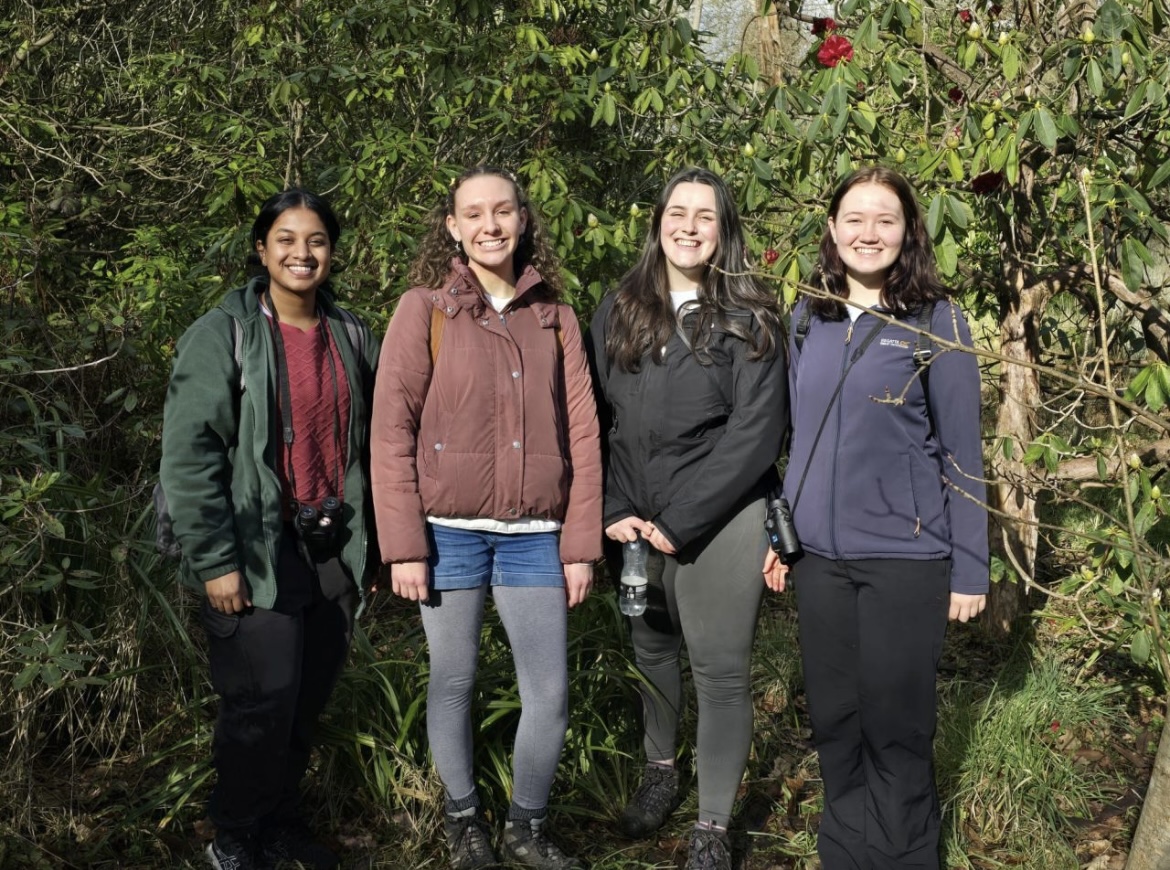
Nature Journals
During this time, I have embarked on a journey to explore different approaches to nature journaling. Initially, I focused on drawing what I observed, then I transitioned to printing photos and creating a nature scrapbook. Recently, however, I believe I have discovered my two favourite methods.
When it comes to nature journals, it’s essential to ask yourself what you want to use them for. For me, the goal was simply to keep track of what I had seen, along with the time and location of my observations. During a nature walk with a member of our Hancock Forum, Michael Turner, I realised that I could carry a small notebook and a pencil to write down the names of the species I encountered. I enjoyed this approach because it required very little time and effort.
On the other hand, I recently attended a three-week watercolour nature journaling course led by Steve Pardue. As someone who has never considered myself artistically inclined, I was pleasantly surprised by my experience in the course. I discovered that I could be flexible with the watercolours, and I found the process to be both quick and therapeutic. I decided that if I have the spare time, I will continue to maintain a nature watercolour journal.
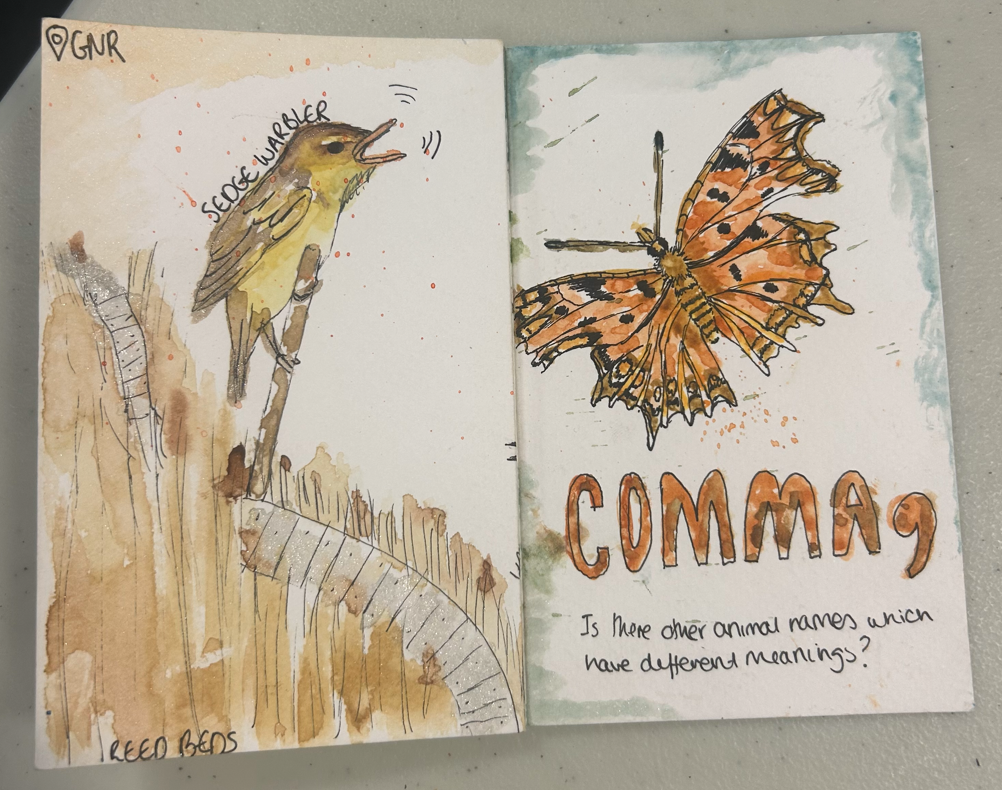
Field Skills
Before my placement, I could not tell you what an Osprey was. I had never been actively exposed to bird watching while growing up in a household of indoor lovers. I realised when I went to university to study Zoology, that many of my classmates were familiar with more animal species than I was and could identify them. However, I was very busy and didn’t know how to rectify this knowledge gap.
During my time at NHSN, I have participated in many outdoor trips and nature walks, some in city parks and others in large nature reserves. I have been amazed by the amount of identification and general knowledge I have amassed over the past nine months, ranging from Mallards to Male Ferns to King Alfred’s Cakes fungi. While I actively absorbed some of this knowledge, the majority of it has come through passive osmosis. NHSN and all of the lovely volunteers and supporters have shown me how easy it is to be curious about the natural world and that we are all still learning new things; it is okay if you don’t know something. This was something that I have really come to terms with.
One specific example of where I have gained extensive bird knowledge is through attending David Noble-Rolling’s bird courses. It has been a fantastic opportunity to hear him discuss different bird species every other week, sharing key identification features, migration patterns, and their calls and songs. However, what has been most beneficial for me has been the practical field trips. Visiting places such as Holy Island and the Farne Islands has greatly enriched my experience. I have learned many new birding skills not only from David Noble-Rolling but also from the like-minded individuals who attended the classes with me.
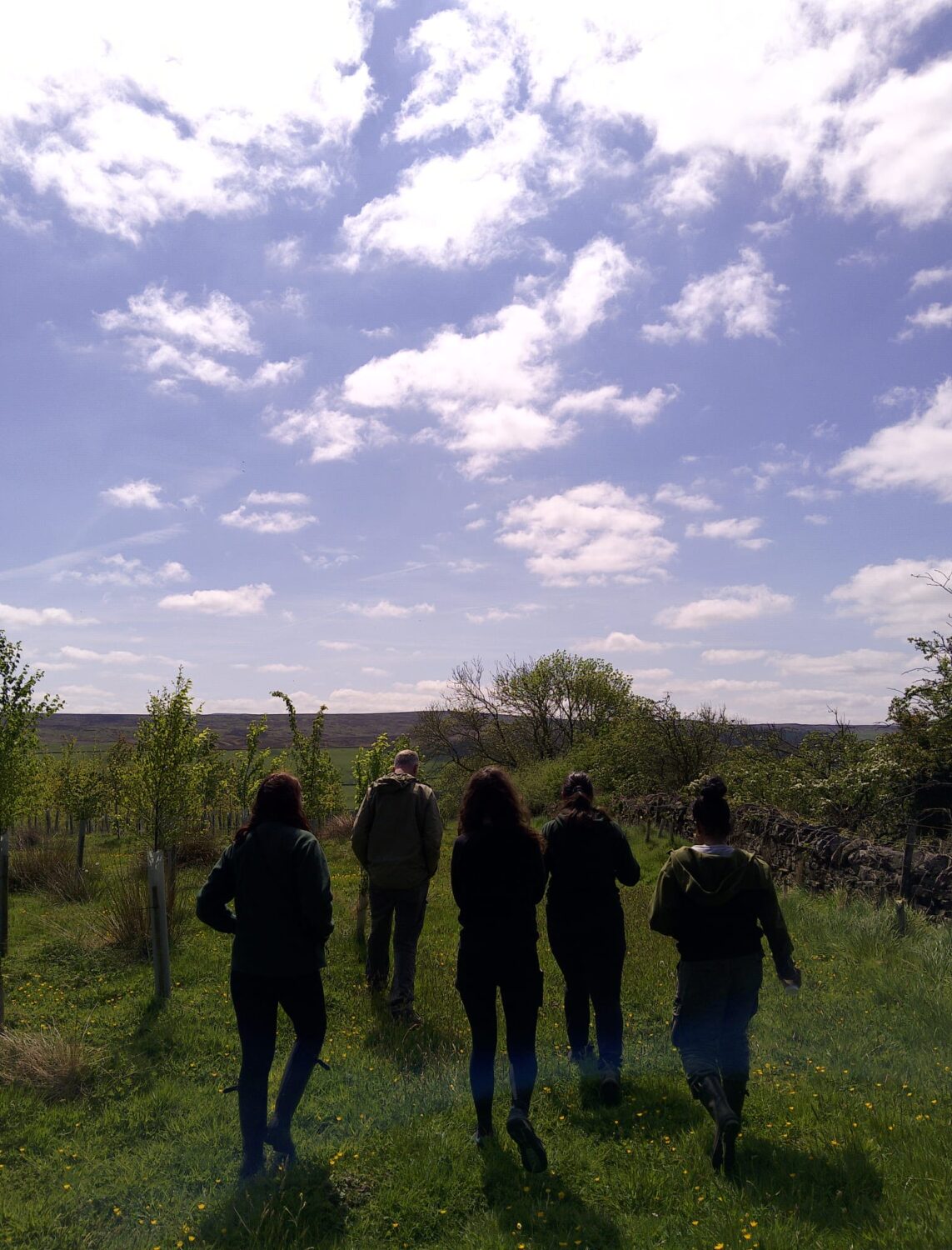
Wildlife Walks
My growing naturalist knowledge has inspired me to encourage others to explore the outdoors and learn about local wildlife. What began as a random idea during a team meeting, combined with the creative freedom provided by NHSN Director, Clare Freeman, led my fellow Student Naturalist Lekshmi and I to create the Wildside Walks series on NHSN’s YouTube channel. This project may be my proudest achievement of the placement. The idea that we can go on nature walks—something that brings us immense joy— and share our experiences for others to appreciate is truly wonderful.
We created the series to demonstrate that wildlife is all around us if we take the time to look and to provide a glimpse of nature for those who may not have easy access to green spaces. From the personal interactions I’ve had with members and supporters, as well as online comments, I believe this is a project that resonates with people.
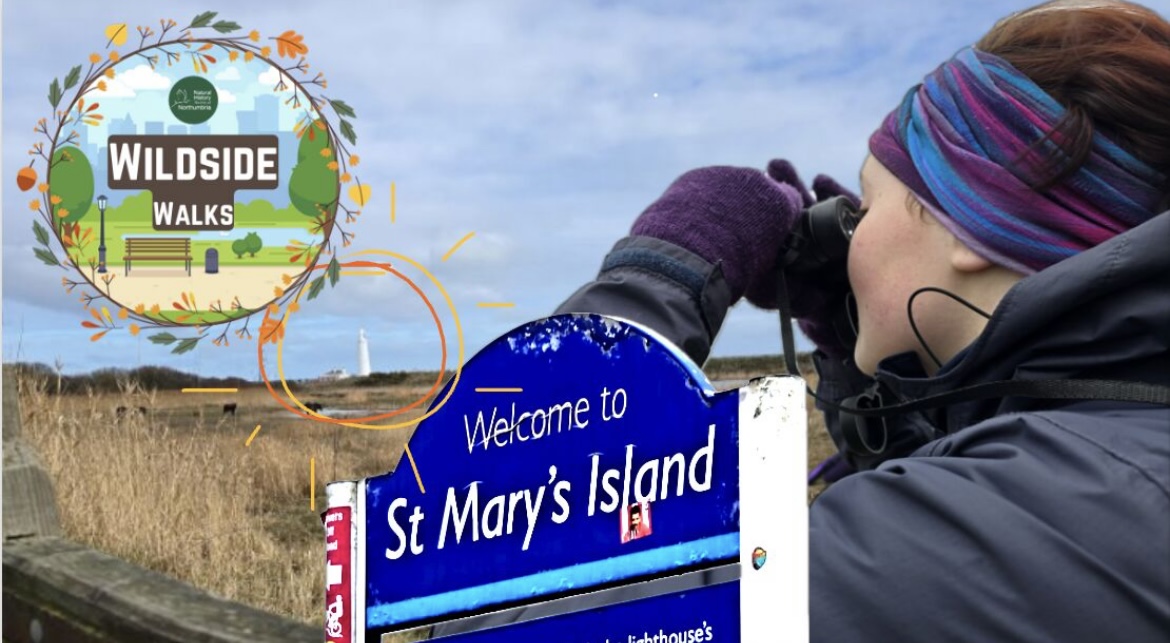
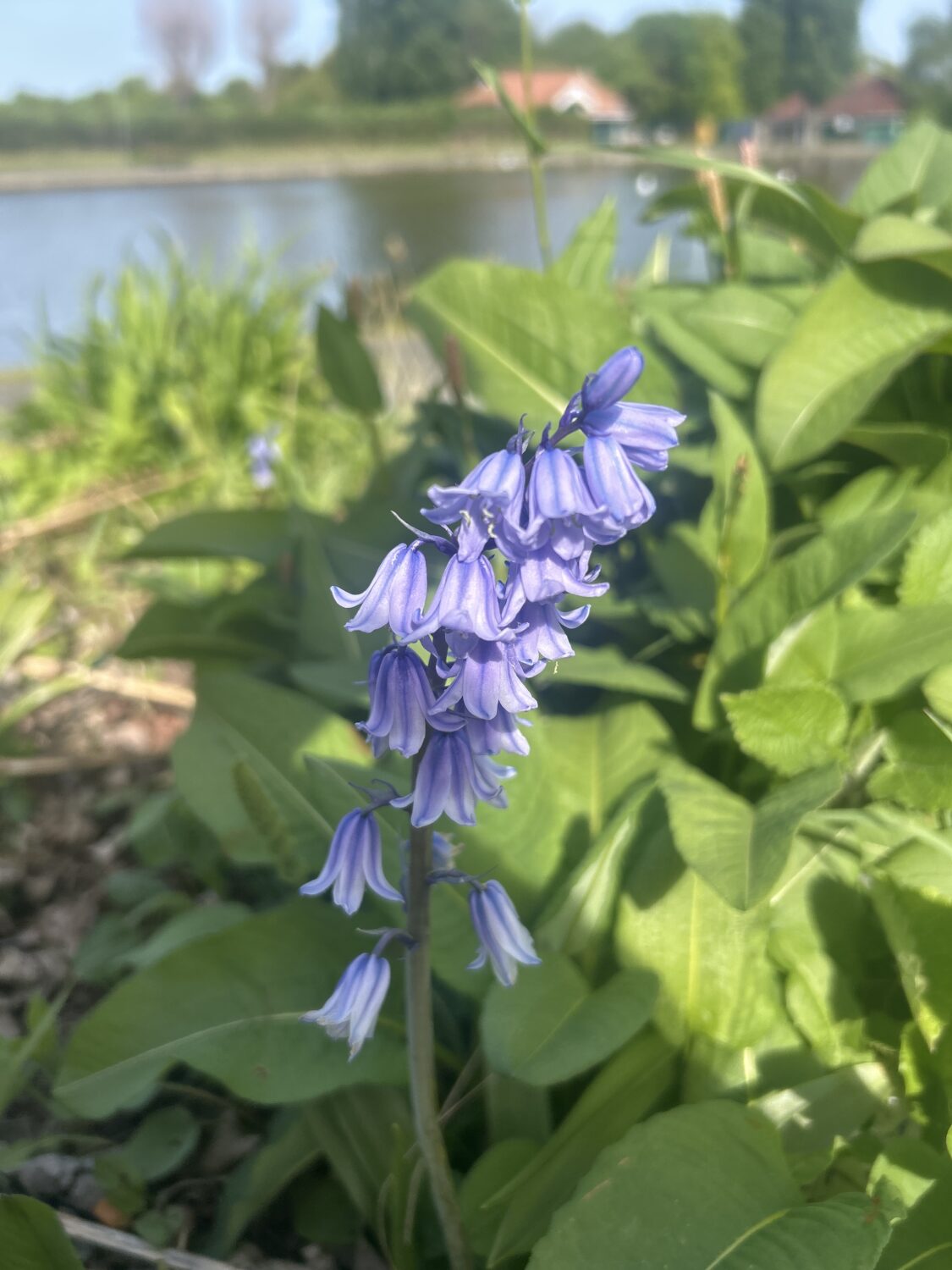
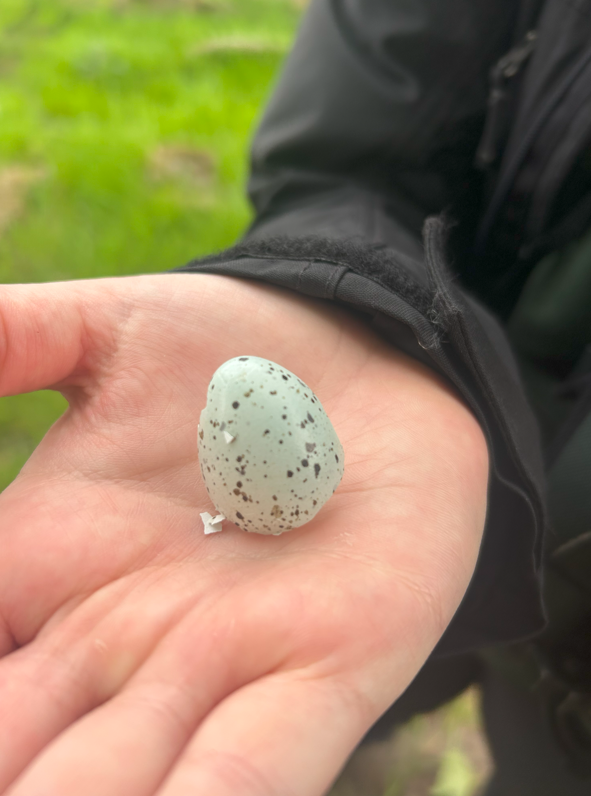
Communications
Working in a small staff office environment creates an ecosystem where constant discussion and mutual support are essential. This placement has taught me what it truly means to be part of a team and how to assist each other in achieving our best in our tasks.
During my nine-month placement, I also attended a communications meeting every Monday. Since I’m not very skilled at social media and often speak my mind without filtering, these meetings have been invaluable in teaching me how a charity effectively communicates with its members and supporters. For example, I attended training on how to make social media more accessible where I learned various ways to utilise social media to engage with our audience.
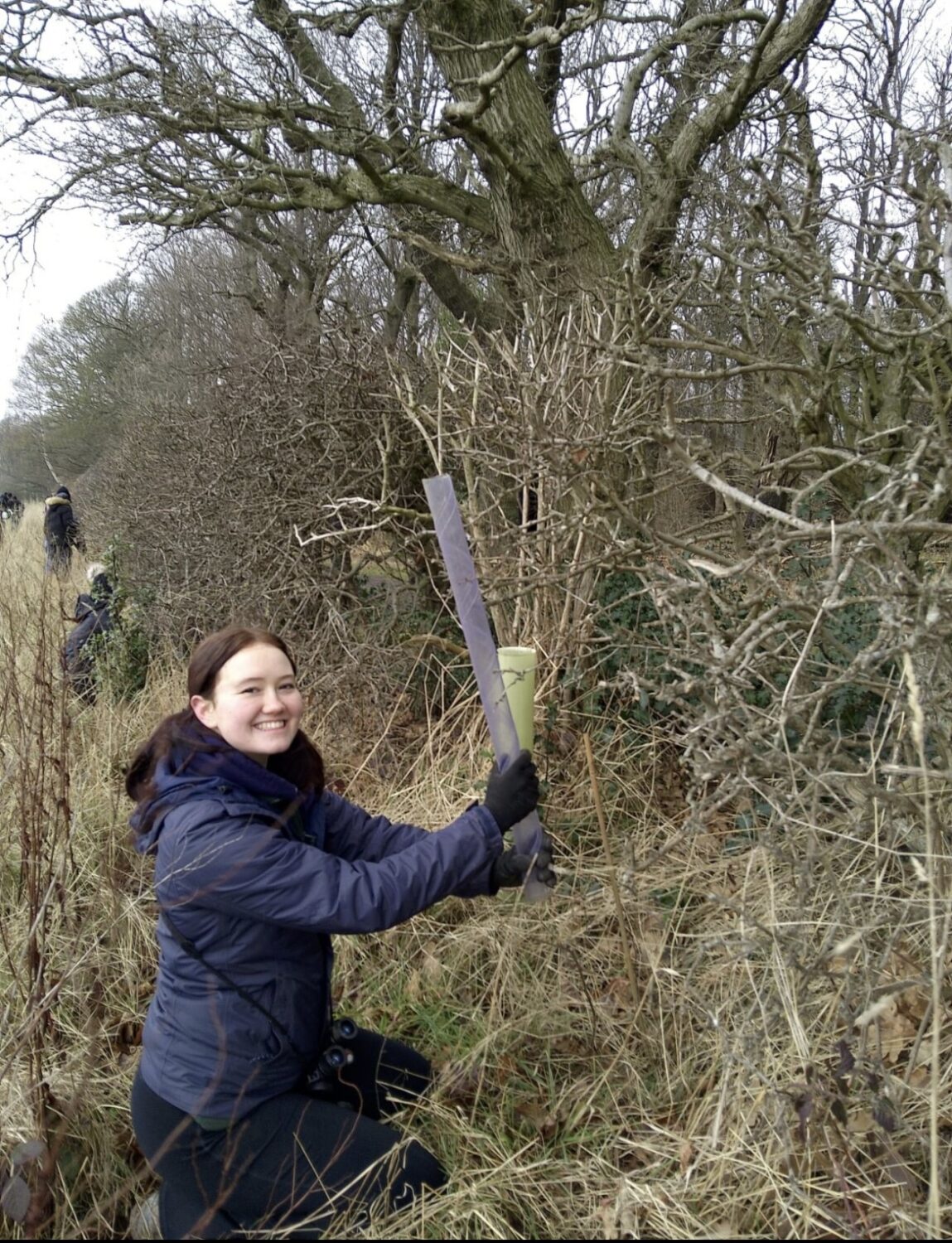
I think many people can relate to this, but I would say the biggest benefit NHSN has given me are the tools to engage in activities that bring me great happiness. The excitement I feel while watching a Grey Heron is unmatched by many experiences. I’ve learned that if I’m feeling down or need clarity, the best remedy is to step outside with my trusty binoculars, even if it’s just for 30 minutes.
